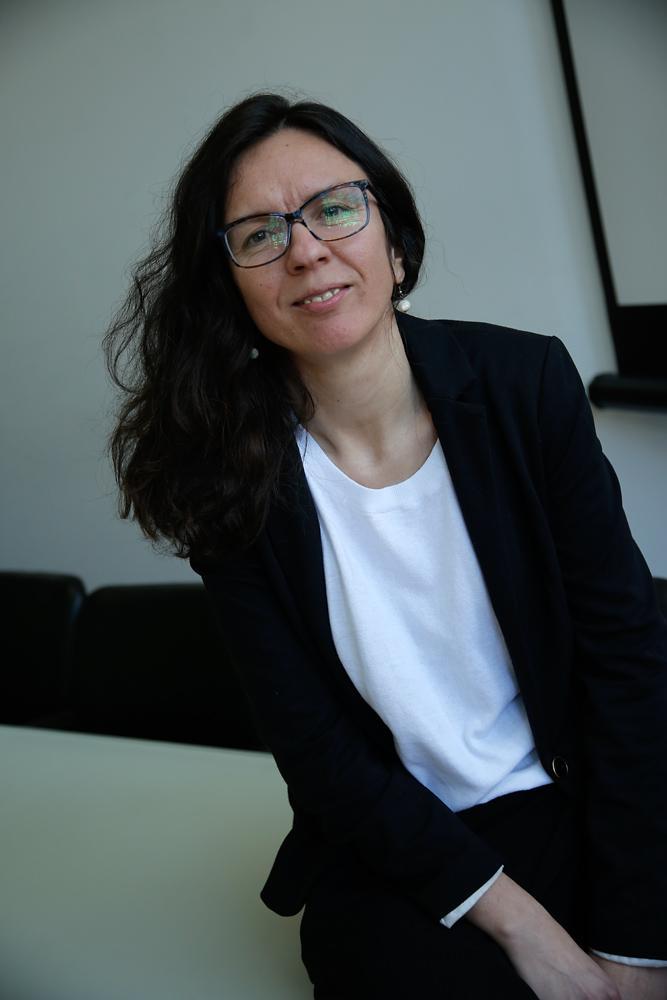
Born in Albania in 1979, Brunilda came of age during the regime change from an isolated dictatorship towards democracy. She left her country during the 1997 civil war towards Istanbul, to conduct her studies. She followed an interdisciplinary academic path: Psychology at the Bosphorus University (Turkey), Gender Studies at the Central European University (Hungary), and Cultural Studies at Bilgi University (Turkey).
After her studies, in 2004 she returned to Tirana where she worked at the Albanian Foundation for Conflict Resolution, and held a lecturing position at the University of New York in Tirana. Determined to learn more about alternative approaches to crime and conflict, Brunilda moved to Belgium and started working at the EFRJ and Leuven Institute of Criminology, KU Leuven in 2008 under the mentorship of Prof. Ivo Aertsen on several projects in the field of restorative justice. In 2016 she completed her PhD research in Criminology at KU Leuven in the framework of the FP7 project ALTERNATIVE on the potential and the limits of restorative justice for justice and security in intercultural contexts. In 2018, she was granted a postdoctoral fellowship by the Research Foundation Flanders (FWO) to conduct a systematic and critical investigation of the role, place and potential of restorative justice in the European penal systems and policies. During 2021 she also held a lecturing position at the University of Amsterdam Department of Political Sciences.
Currently Brunilda has joined the Social and Anthropology Department of KU Leuven to work in the BELSPO-funded project REGUIDE, an interdisciplinary research project on the reintegration of Belgian returnees from Syria/Iraq and their families in society. In Leuven, she is also deeply involved with the Center for Ethics, Religion, and Detention (CRED) in developing co-learning initiatives in closed-off institutions, such as prisons, and with the Leuven Restorative City, of which she is a founding member. She is also Visiting Professor at Vermont Law School (USA), where she teaches on Environmental Restorative Justice. Brunilda publishes extensively and has co-edited Critical Restorative Justice (2017); Restoring Justice and Security in Intercultural Europe (2018); and The Palgrave Handbook of Environmental Restorative Justice (2022). Since 2016 she has been elected Board Member and Secretary of the European Forum for Restorative Justice.


